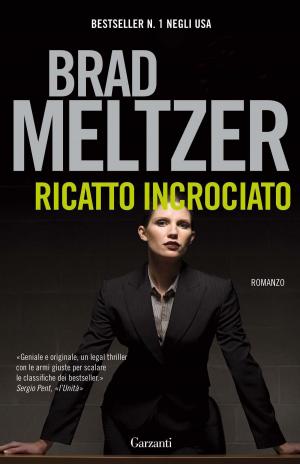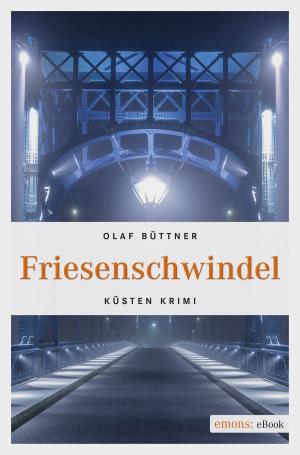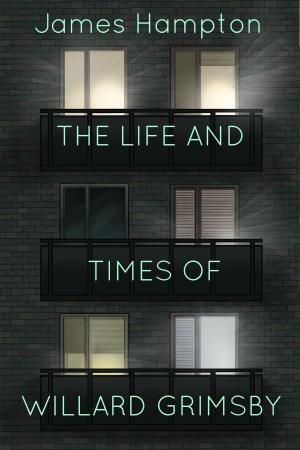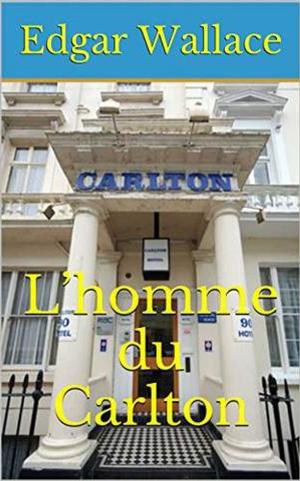| Author: | Sarah Walton | ISBN: | 9781909954175 |
| Publisher: | Barbican Press | Publication: | February 3, 2016 |
| Imprint: | Barbican Press | Language: | English |
| Author: | Sarah Walton |
| ISBN: | 9781909954175 |
| Publisher: | Barbican Press |
| Publication: | February 3, 2016 |
| Imprint: | Barbican Press |
| Language: | English |
In 4th Century Alexandria, a poor orphan learns to scribe. Meanwhile Rufius, a rich Roman, tends the books in his care and yearns for the youth on the streets. It’s a time of rampant bishops, mad heretics, and a city so ruled by passion it is set to consume itself along with the world's greatest library. As the poor boy and the rich Roman unite, hell almost literally breaks loose. A rich novel of Ancient Rome, in the spirit of Mary Renault, Marguerite Yourcenar and Paul Waters. ‘Warning: Reading Rufius may induce forbidden thoughts. Also laughter, wonderment, and a discombobulating sensation of time travel. Proceed with caution—but by all means, proceed!’ Steven Saylor, author of the Roma Sub Roma mystery series. ‘In this novel, Sarah Walton comprehensively excavates the sights, disputes and social structures of the port of Alexandria in the quarter century leading up to the inter-faith massacres and wholesale destruction of the city’s famous library by Nicene Christian mobs in 391 AD. In doing so, she reveals the loosening threads of a society once renowned for its tolerance, dissent and learning through the interlinked voices of three characters. In her remarkably adroit handling of the intersections between the big questions of faith and politics and the smaller-scale concerns of relationships and identity, there are elements that would not be out of place in novels by Gore Vidal set in the “classical” era. Highly recommended.’Paul Simon, Morning Star.
In 4th Century Alexandria, a poor orphan learns to scribe. Meanwhile Rufius, a rich Roman, tends the books in his care and yearns for the youth on the streets. It’s a time of rampant bishops, mad heretics, and a city so ruled by passion it is set to consume itself along with the world's greatest library. As the poor boy and the rich Roman unite, hell almost literally breaks loose. A rich novel of Ancient Rome, in the spirit of Mary Renault, Marguerite Yourcenar and Paul Waters. ‘Warning: Reading Rufius may induce forbidden thoughts. Also laughter, wonderment, and a discombobulating sensation of time travel. Proceed with caution—but by all means, proceed!’ Steven Saylor, author of the Roma Sub Roma mystery series. ‘In this novel, Sarah Walton comprehensively excavates the sights, disputes and social structures of the port of Alexandria in the quarter century leading up to the inter-faith massacres and wholesale destruction of the city’s famous library by Nicene Christian mobs in 391 AD. In doing so, she reveals the loosening threads of a society once renowned for its tolerance, dissent and learning through the interlinked voices of three characters. In her remarkably adroit handling of the intersections between the big questions of faith and politics and the smaller-scale concerns of relationships and identity, there are elements that would not be out of place in novels by Gore Vidal set in the “classical” era. Highly recommended.’Paul Simon, Morning Star.















